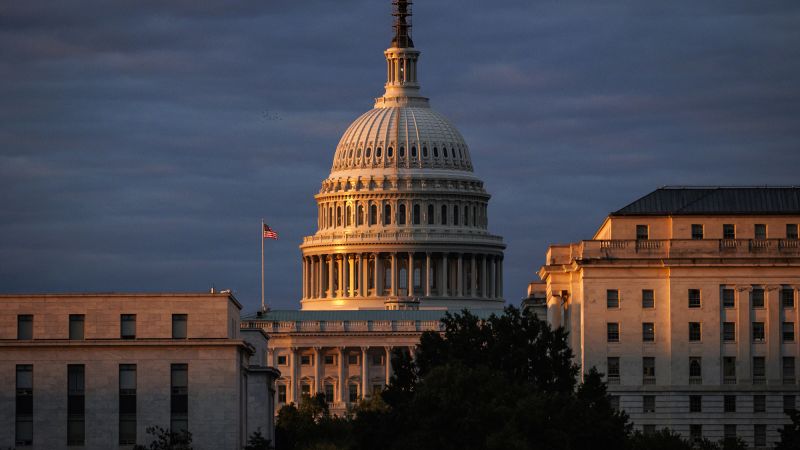A group of US senators has introduced a bill seeking to make the lives of sports fans and concertgoers easier, a year after Taylor Swift ticket sales were massively disrupted by a technical fiasco at one of the nation’s largest event ticketers, Ticketmaster.
The legislation, known as the Fans First Act, proposes new restrictions on ticket resellers, ramps up protections against online bots that swoop in to snatch tickets from real fans and imposes new disclosure requirements forcing ticket sellers everywhere to display “all-in” pricing in their listings, inclusive of any fees.
The bill by a half-dozen senators of both political parties could clamp down on predatory activities in secondary ticketing markets. It could give ticket buyers better pricing information and the federal government more resources for going after illegal ticket sale practices.
But by focusing on the behaviors of ticket resellers and bots, it also appears to give a pass to dominant first-party sellers such as Ticketmaster, whose infamous breakdown during Swift’s highly anticipated tour sale sparked widespread consumer ire, a congressional hearing and a public rebuke from the artist herself.
The legislation reflects some proposals backed by consumer advocacy groups, such as the requirement to display all-in pricing. But the senators’ announcement Friday did not appear to include other policies consumer groups have demanded, such as guaranteeing ticketholders a right to transfer their own tickets to others or allowing rightful ticketholders the ability to set a different price when reselling their tickets than the prices mandated by first-party ticket sellers.
Ticketmaster’s parent company, Live Nation, endorsed the bill on Friday.
“We support the Fans First Act and welcome legislation that brings positive reform to live event ticketing,” the company said in a statement. “We believe it’s critical Congress acts to protect fans and artists from predatory resale practices, and have long supported a federal all-in pricing mandate, banning speculative ticketing and deceptive websites, as well as other measures. We look forward to our continued work with policymakers to advocate for even stronger reforms and enforcement.”
Sponsors of the bill said it is designed to work together with other ticketing legislation.
“The current ticketing system is riddled with problems and doesn’t serve the needs of fans, teams, artists, or venues,” said Texas Republican Sen. John Cornyn, one of the Fans First Act’s lead authors. “This legislation would rebuild trust in the ticketing system by cracking down on bots and others who take advantage of consumers through price gouging and other predatory practices and increase price transparency for ticket purchasers.”
Minnesota Democratic Sen. Amy Klobuchar, another of the bill’s leading cosponsors, said the Fans First Act would ensure that fans receive refunds for shows that are canceled and ban “speculative ticket sales,” where a reseller sells a ticket they claim to have but do not actually own.
And Tennessee Republican Sen. Marsha Blackburn, who co-wrote the signature Better Online Ticket Sales (BOTS) Act that became law in 2016 and which outlaws the use of automated software to buy up tickets on a large scale, said the Fans First Act would build “upon my work to improve ticket sale transparency by strengthening the FTC to enforce consumer protections.”
In a release, the lawmakers said the bill is supported by groups representing artists, venues and music publishers.
The introduction of the Fans First Act came after a similar bill, the TICKET Act, cleared a key House committee on Wednesday. That bill would also clamp down on speculative ticket sales and require greater pricing transparency of all ticket sellers.
The furor over live event ticketing has focused scrutiny on the economic power of giants like Ticketmaster and Live Nation, which is said to be the subject of a possible antitrust probe by the US Department of Justice.
This January, as antitrust advocates called for a breakup of the company, Live Nation argued in a Senate Judiciary Committee hearing that the real problems were bots and the industrial-level scalping of tickets.
Read the full article here




